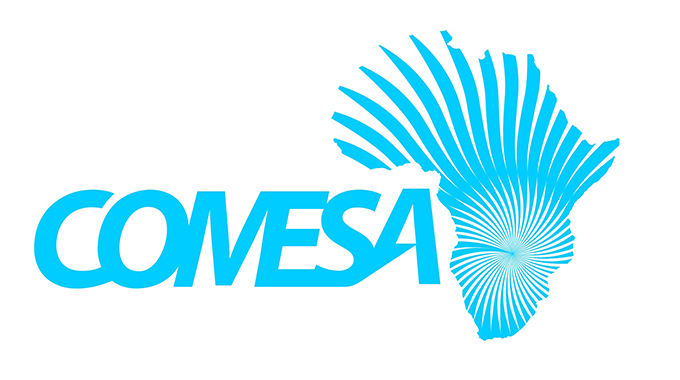Comesa approves Yellow Card Council of Bureaux autonomy

Bulawayo Bureau
MINISTERS of justice and attorneys general from Comesa member States have approved legal instruments to establish the Yellow Card Council of Bureaux as a fully-fledged regional institution under the bloc.
Among the instruments approved following the Wednesday crunch meeting, which was held virtually, were the Charter of the Bureaux, staff and procurement Rules.
In a post meeting update, Comesa head of corporate communications, Mr Mwangi Gakunga, said the ministers and AGs have committed to ensuring domestication and implementation of all decisions issued to member states from to time to time.
Through the issuance of its legal instruments, he said the Council of Bureaux seeks to establish itself as a fully-fledged Comesa institution that will eventually be independent from the Comesa secretariat in operational terms.
The bureaux manages the Yellow Card, which is a regional third-party motor vehicle insurance scheme, which facilitates movement of vehicles, goods, people and services within the Comesa region.
Currently, the scheme is operational in 13 regional countries and has growth exponentially over the years.
“In 2020, over 208,165 digital Yellow Cards were issued to travelling motorists, generating a total annual premium income of US$12,3 million. Over US$1.1 million claims compensation were paid to road accident victims caused by visiting/foreign motorists,” said Mr Gakunga.
“One of the outstanding instruments is the ratification of the Tripartite Free Trade Area (TFTA), which brings together member/partner States of Comesa, the East African Community (EAC) and the Southern Africa Development Community (SADC).”
The TFTA was launched 2015 and to date, only 10 instruments of ratification have been prepared and submitted against a minimum threshold of 14 ratifications to enter into force.
These are by Botswana, Burundi, Egypt, Eswatini, Kenya, Namibia, Rwanda, Uganda, South Africa and Zambia. Some of the remaining member/partner States have ratified the AfCTA but not the TFTA.
“Just as we managed to garner overwhelming continental instruments of ratification for the African Continental Free Trade Agreement, may I encourage those member States that have not yet ratified the Tripartite Agreement to do so as the delay in doing so is stalling regional trade, investment and development,” Zambian Minister of Commerce Trade and industry, Chipoka Mulenga, was quoted as saying.
“Comesa is in the era of implementing a digital economy in the region and for it to succeed, it needs the support of Ministers of justice and attorneys General in crafting supportive legislation that will create an enabling environment for the full implementation of the digital economy.”
Secretary general, Ms Chileshe Kapwepwe, also stressed the need for implementation of the legal instruments for an effective integration of the Comesa region’s programmes, harmonisation of
policies and procedures.
“I strongly urge Comesa member States in attendance in today’s meeting who have not yet ratified the Tripartite Agreement to make a firm commitment to do so in the last quarter of 2021 to enable the Tripartite to become operational in 2022,” she said.
Judge President of the Comesa Court of Justice, Lombe Chibesakunda, also addressed the meeting, highlighting its operations and challenges in the Covid-19 pandemic period.
Comesa is a regional economic community established in 1994. It brings together 21 African member States with a population of 583 million people into a cooperative framework for sustainable economic growth and prosperity through regional integration.











Comments